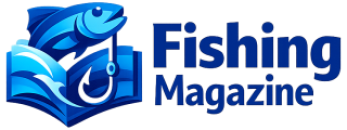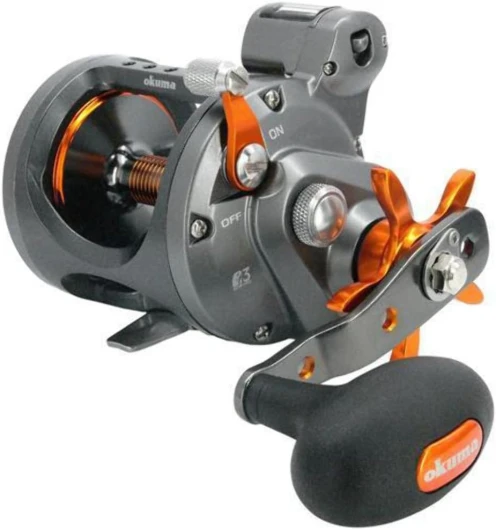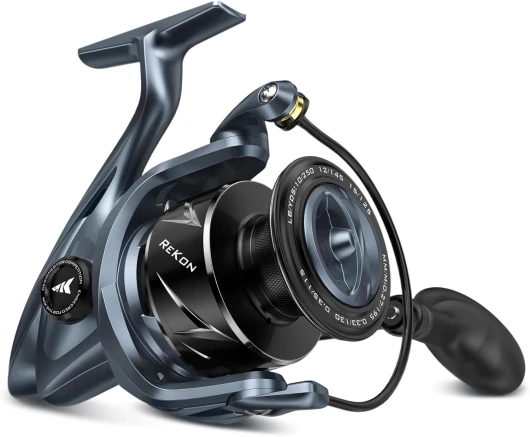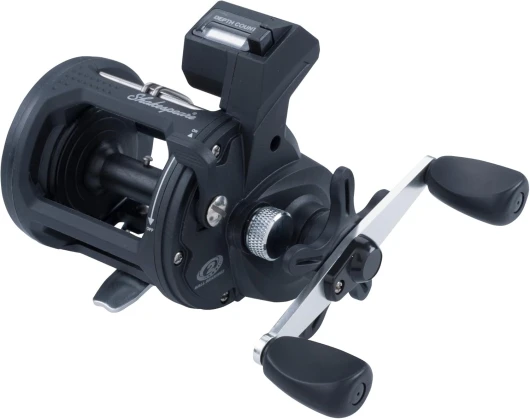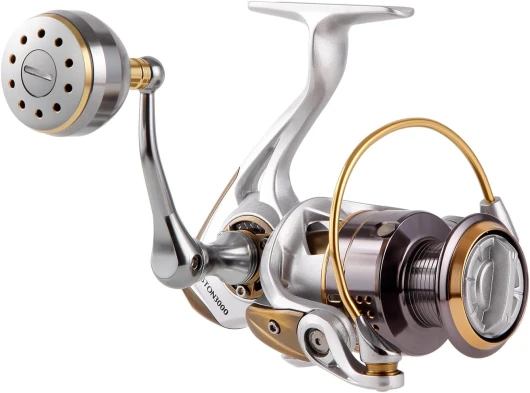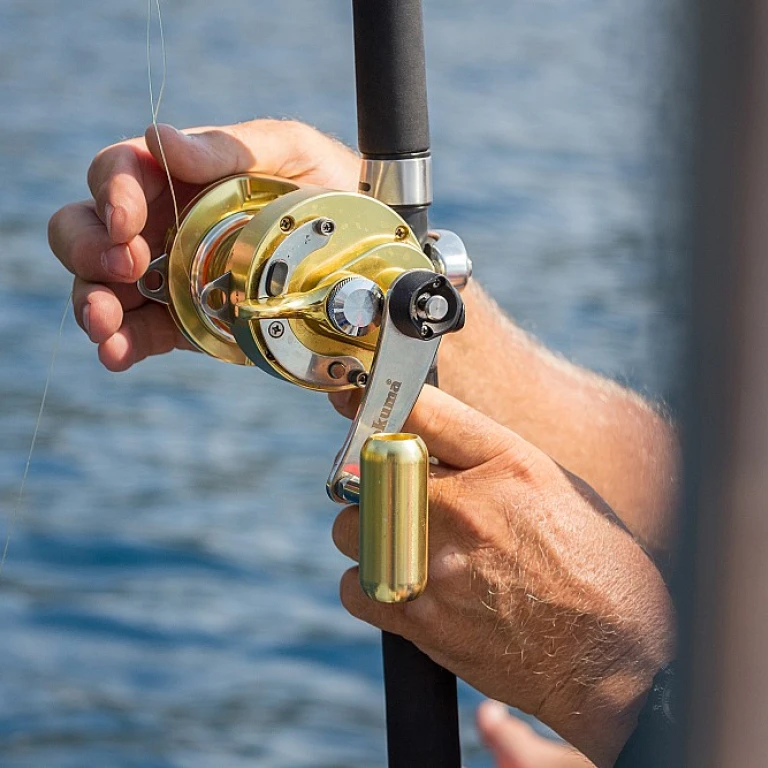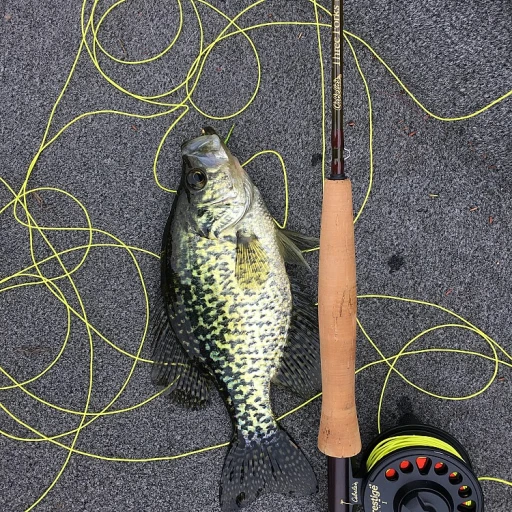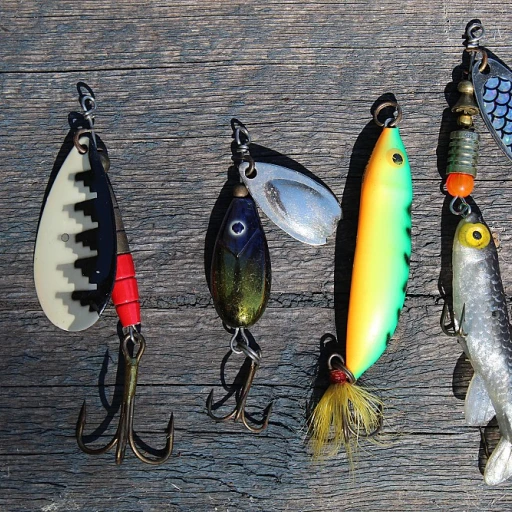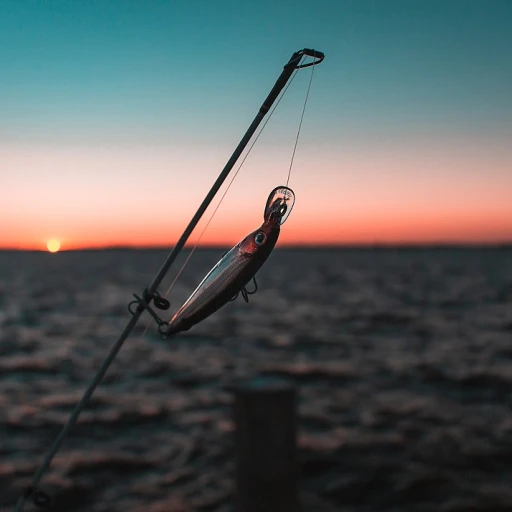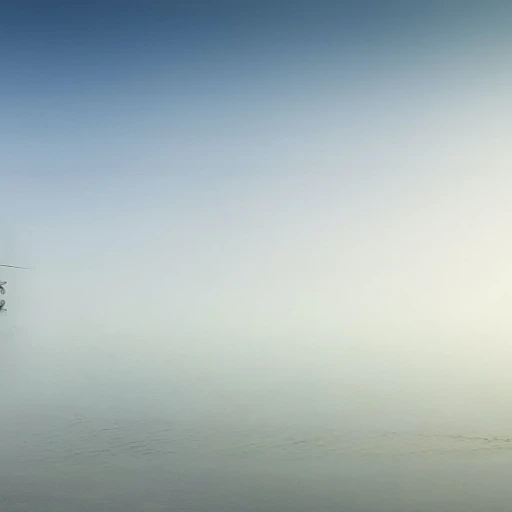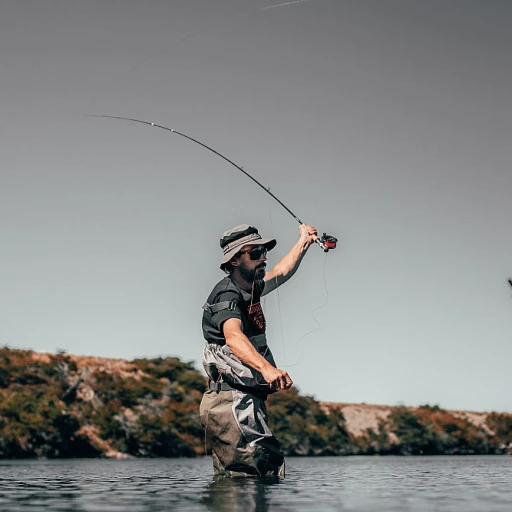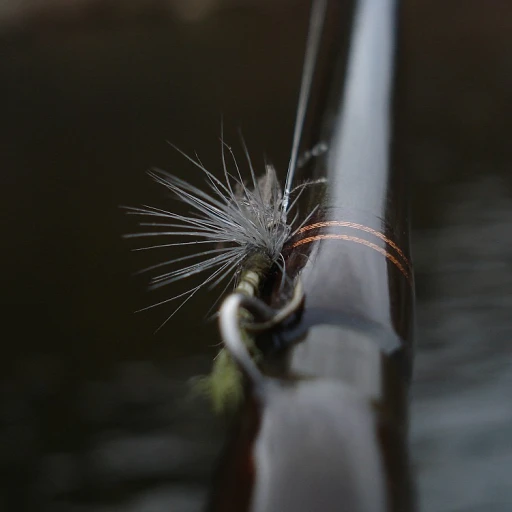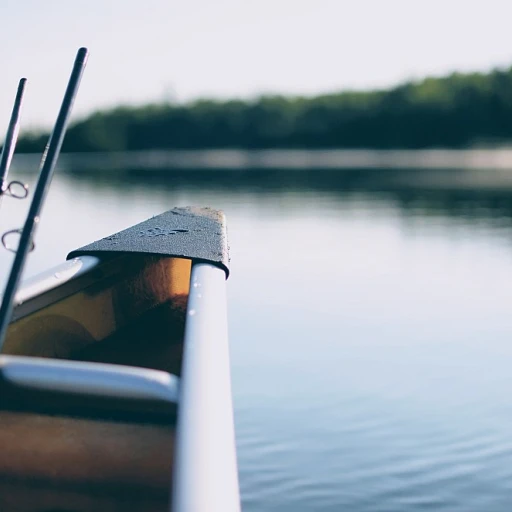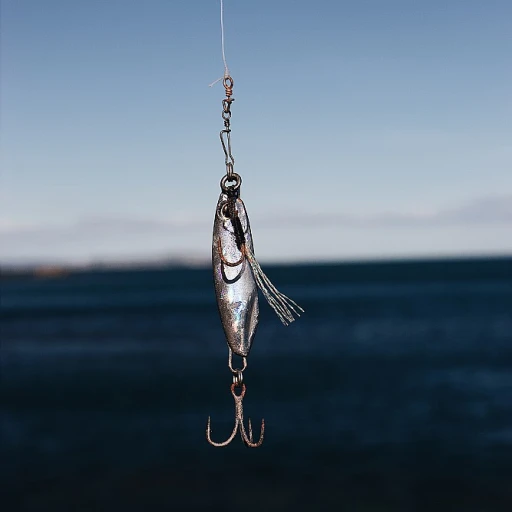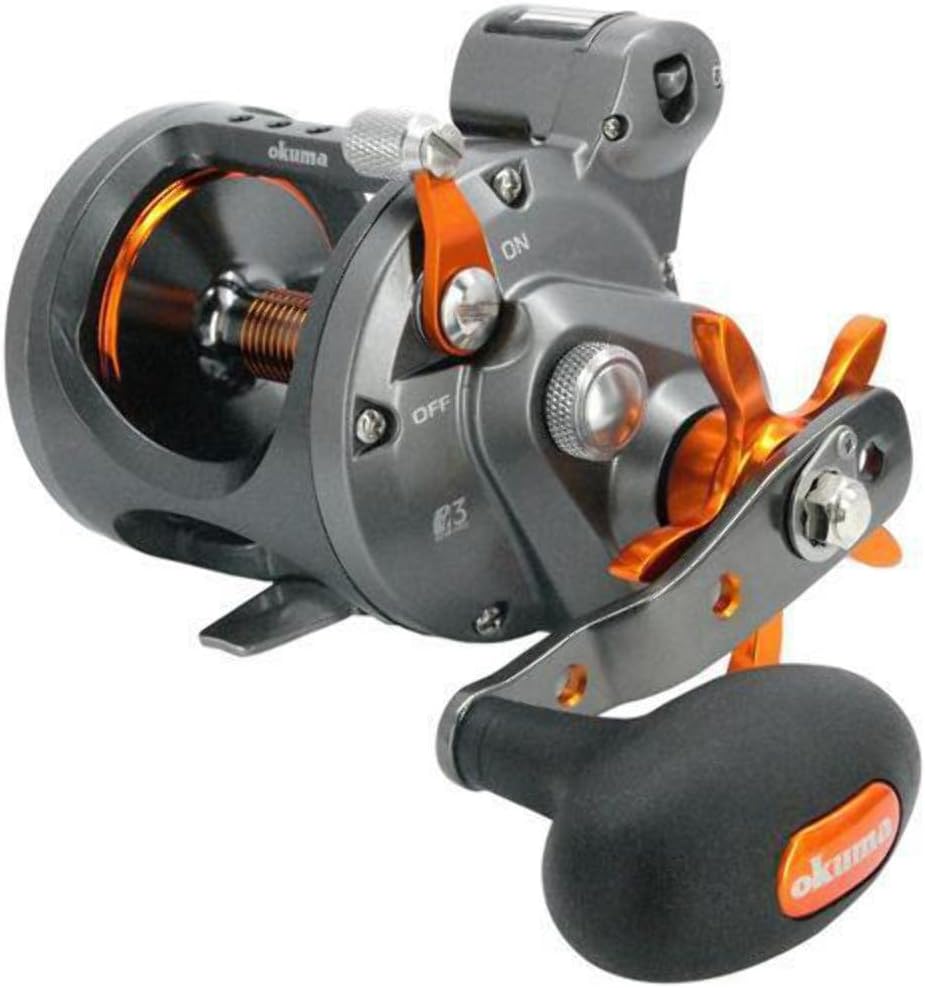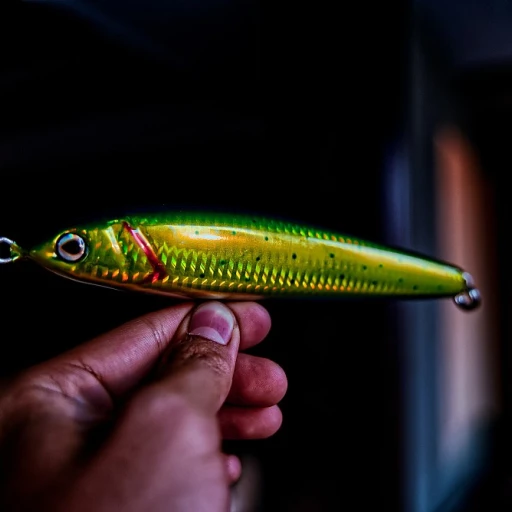
Understanding Trolling Reels
The Basics of Trolling Reels
Trolling reels are a key component for any angler hoping to excel in the art of trolling fishing. Unlike other types of fishing reels, trolling reels are designed specifically to withstand the stress of dragging heavy or enticing lures behind a moving boat. They offer durability and strength, making them essential for targeting larger fish species commonly found in open waters. When comparing trolling reels, you'll discover a variety of features across different brands and models. Well-known brands like Shimano, Penn, Daiwa, and Okuma offer a range of options to suit different fishing environments and angler preferences. Conventional reels, often utilized in trolling, come with characteristics like lever drag systems which provide precise control over the drag pressure, and star drag systems known for their simplicity and ease of use. Trolling reels also differ in terms of price and features such as speed, level wind mechanisms, and the unit's size. Whether you prioritize a level wind reel or a faster speed unit, choosing the right reel depends on balancing your budget with the reel's capabilities. Reels like the Shimano and Okuma cold water are often rated with high stars for their reliability and performance. Another factor to consider is the type of water where you'll be fishing. For instance, the Penn International is considered one of the best trolling reels for saltwater conditions due to its robust construction. Conversely, the Okuma Cold offers stellar performance in colder environments, making it a favored choice for ice fishing enthusiasts. When purchasing a trolling reel, take note of shipping options and unit price. Some retailers offer free shipping, which can add substantial value to your purchase. To make an informed decision, it's beneficial to compare different models, such as evaluating the Penn Fathom against the Canyon Reels or comparing Shimano options within your price range. Acclimating yourself to the different types of trolling reels and their features is an important step in ensuring a successful fishing experience. This foundational knowledge will aid in selecting the perfect trolling reel that aligns with your sporting goals and conditions, like the best saltwater trolling rods, to enhance your angling adventure.Choosing the Right Trolling Reel
Evaluating Your Options for the Perfect Trolling Experience
Picking the right trolling reel is pivotal to a successful fishing experience. Whether you prefer a Penn International, Okuma Cold, or Daiwa, understanding the nuances of these brands can aid in making an informed decision. Ensure that you weigh your needs against the features and price of the reels you're considering.- Price and Value: Keeping an eye on the unit price is essential. The Penn Fathom offers a balance of price and functionality, often available with free shipping. Compare Shimano options for different price points to see which offers the most value for your money.
- Drag System: When choosing between lever drag and star drag systems, think about the type of fish you're targeting. Lever drag reels, like the Okuma Cold, provide precise control—a favorable option for large catch, while star drag reels offer simplicity.
- Speed and Performance: Consider speed when evaluating trolling reels. Different operations benefit from varying gear ratios. A fast-retrieving reel, for example, might better suit scenarios where you're actively pursuing fish.
- Durability and Build: Look for a reel that boasts robust construction. Canyon reels are often rated with high stars for their rough-water endurance, making them a staple for enthusiasts longing for reliability.
- Conventional vs. Level Wind: Conventional reels provide a direct feel and are preferred by many experts. On the other hand, the automatic line distribution of level wind reels can simplify the process for beginners.
Setting Up Your Trolling Reel
Optimizing Your Trolling Equipment
Setting up your trolling reel correctly is crucial for a successful fishing experience. Before you hit the water, there are several aspects to consider that will help you make the most of your equipment, even if you're using premium options like the Penn Fathom or Okuma Cold Water reels.
Start by ensuring your fishing reel is tightly secured to the rod. Check the compatibility between your rod and reel, as mismatched items can affect your trolling efficiency. Conventional reels, such as those from Daiwa or Shimano, often provide excellent stability and performance when paired with the right rod.
Next, pay attention to the drag system. Whether you choose a lever drag or a star drag, each offers different advantages. Lever drag systems offer precise control over line tension, making them an excellent choice for targeting larger species. On the other hand, star drags, with their robust performance, suit a wide range of trolling situations.
- Fill your reel with the appropriate fishing line, balancing line capacity with the species you're targeting. A line that's too thick can reduce casting distance and reel speed, while one that's too thin may not handle larger catches effectively.
- Consider investing in a level wind device to ensure the line is evenly distributed on the reel, preventing tangles and enhancing retrieval smoothness. Brands like Penn International and Canyon Reels provide models equipped with such features.
- Ensure the reel’s gear mechanism, such as those found in the renowned Shimano models, operates smoothly to allow for easy casting and retrieval.
Before your trip, conduct a trial run to keenly observe the reel's response to various adjustments. A well-prepared setup not only enhances the chances of a successful trolling fishing outing but also prevents unnecessary strain on the equipment, thereby contributing to its longevity. Remember, investing time in setting up can pay off handsomely when comparing results with fellow anglers.
Explore the nuances of leveraging your trolling system by understanding its mechanisms and the environmental factors in your fishing locale. For further insights into optimizing your fishing gear and experience, consider diving into this comprehensive fishing guide.
Techniques for Effective Trolling
Improve Your Trolling Productivity with the Right Techniques
Trolling is an art, and mastering the techniques of using trolling reels can make or break your fishing experience. To maximize efficiency and potential catches, understanding how to manipulate the gear, including the reel and drag system, is essential.- Optimize Your Speed: One of the vital aspects of trolling is maintaining an optimal speed. Depending on the species you're targeting and the conditions, adjusting the speed can play a significant role in attracting fish. Conventional reels like those from Penn, Shimano, or Daiwa often offer smooth speed adjustments tailored for different trolling styles.
- Mastering the Drag System: The drag system, whether it's a star drag or lever drag, needs to be correctly set to tire the fish gradually without snapping the line. Lever drags found in units from Okuma and Penn International allow for finer adjustments, which can be beneficial in varying conditions.
- Positioning and Handling: Make sure the fishing line is straight and tension-free as it enters the water. Effective trolling uses level wind features, available in some units like the Penn Fathom, to ensure even line distribution. For larger setups or those using canyon reels, steady hands and attention to reel speed and fill are key.
- Choose the Right Lures or Baits: Selecting the appropriate lure or bait that mimics the natural prey of your target fish is critical. This choice should complement the trolling reel's capabilities, adjusting for water type, whether cold water or typical inland lakes.
- Inspect and Compare Equipment: Regularly comparing your setup with other conventional or specialized trolling fishing reels, such as Okuma Cold Water, ensures you're using the best-rated stars in terms of durability and performance.
Maintenance Tips for Longevity
Maintaining Your Trolling Reel for Peak Performance
Investing in a quality trolling reel like the Penn Fathom or Daiwa is a smart choice, but to ensure they remain in top condition, regular maintenance is crucial. Routine care not only enhances the reel's performance but also extends its lifespan, allowing you to get the most out of your investment.
First and foremost, always clean your reel after each fishing trip, especially after saltwater fishing. Saltwater can be corrosive, so rinsing your reel thoroughly with fresh water is vital. Be sure to dry it completely to prevent any rusting.
Lubrication is key in maintaining the smooth operation of your trolling reel. Whether you have a lever drag or star drag system, proper lubrication ensures that components move freely, reducing wear and tear. Apply a light reel oil on bearings and moving parts, and consider using a grease specifically designed for fishing reels for gears.
Periodically check the drag system of your reel, such as those on models like the Okuma or Shimano. The drag system plays a pivotal role in fighting fish, and any malfunction can turn a successful catch into a lost opportunity. Make sure your drag washers are clean and free of debris, and replace them if they show signs of wear.
Inspect your line and spool occasionally to avoid any complications during your fishing adventures. Look for knots, cuts, or abrasions, and re-spool if necessary. Brands such as Penn International and Canyon Reels offer reels with features to assist with this, such as level wind systems, which help distribute the line evenly.
Finally, ensure your trolling reel is properly stored. Avoid places with extreme temperatures; cold water or heat can affect the materials of your reel. Use a protective cover if possible, especially if you store it for an extended period. By dedicating time to these maintenance practices, your trolling reel will remain reliable, providing countless hours of effective and enjoyable fishing.
